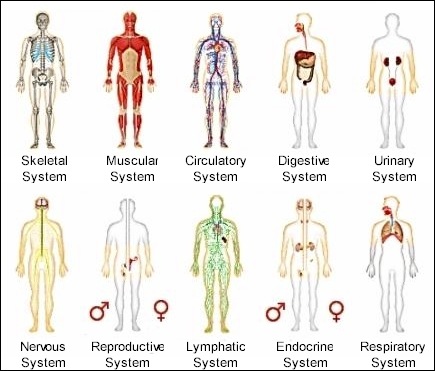How does one get a sense for their condition of health?
How does one get a sense for their condition of health?
There are a number of metrics, some which can only be measured clinically due to the sophistication, cost or perhaps qualification/expertise to perform a test and interpret the results. Tests can exist at various levels of detail, drilling down further into a given area - a "top down" or "peeling the onion" approach. One's weight is a high level indicator. One's measure of "adiponectine" is a detail level test. Adiponectine is produced by healthy fat cells and influences one's insulin sensitivity and lipid balance. Unhealthy fat cells produces inflammatory cytokines and low grade body inflammation.
So what metrics can we use to better understand our health and gain an understanding on a regular basis before drilling into the deeper tests. Technology has begun to make tools available that previously required expensive equipment and could only be done in a commercial or medical facility These tools are now made available with the use of mobile technology (mobile phones, tablets) that can house the software needed for calculations and operation of an equipment device as the sensor. One thing about these options. There are very few that can be used to make medical interpretations as they are not approved "medical devices" with the FDA. But, that doesn't mean these devices don't serve a useful role from a health and fitness perspective, giving an insight that previously had limited frequency or availability of testing.
This may seem strange, but manufacturing offers many analogies to the approach to lifestyle. Here are a couple:
- What company only checks it product quality once a year? So, should we be reviewing our health a little more often?
- What company doesn't have have indicators (measures) of how they are performing, such as sales, customer satisfaction, etc. (key performance indicators)? So, should we be monitoring the main systems of the body for how they are performing?
So regarding one's health, what tests are gauges and which ones are "dummy lights". How do we adjust our lifestyle (or do we) based on the readings provided? Do we adjust based on the gauge reading, or do we wait for the dummy light to come on? Which of the following is a gauge or a dummy light:
- High triglycerides
- Resting heart rate
- High blood pressure
- High percentage of abdominal visceral body fat
- Inconsistent sleep (early a.m. waking, waking not rested)
- Low SpO2 (oxygen levels, measure normally take at medical visits with blood pressure and other vitals)
Below is a pictorial of our body systems. If one wakes early a.m., this could be associated with a poorly functioning endocrine system. If one has a low SpO2, this could be a result of a poorly functioning respiratory or circulatory system. Mobile technology has given use the means to measure SpO2 at home. We can also now read and analyze our sleep duration and depth patterns. We can now also read and analyze "heart rate viability" which gives indications of stress which could be physical stress as the body responds to a food allergy, mental stress or physical stress from exercise. This measure is used in cardiac care centers post cardiac intervention to monitor the body's level of stress. Stress decreases as the body recovers. Previously, the equipment and software to perform "heart rate variability" was expensive and the equipment not suitable for commercial portability.
A person might ask themselves, why do I need to keep track of these things? How did we ever survive in the past. The answer is simple. It is our environment. Centuries ago, our sleep, eating patterns, stress and activity were a function of a simple environment which our biology naturally worked with. Our technologies and man made interruptions to our environment interfere with our natural biological needs. So, now we have to learn to compensate for the side effects and the degree to which those side effects are accruing to the detriment to our health. This is why programs such as the Lifestyle Works Clinic are so important. We all now have to become more educated stewards of our health as "it has become more complicated".
Within the Lifestyle Works Clinic, we recognize the key system contributions to health and their interactions. The high level metrics we use related to health and fitness dovetail directly with the deeper measures of health that are measured and interpreted by medical professionals. The clinic educates our patients in appropriate health and fitness measures and the use of new technology at their disposal.

